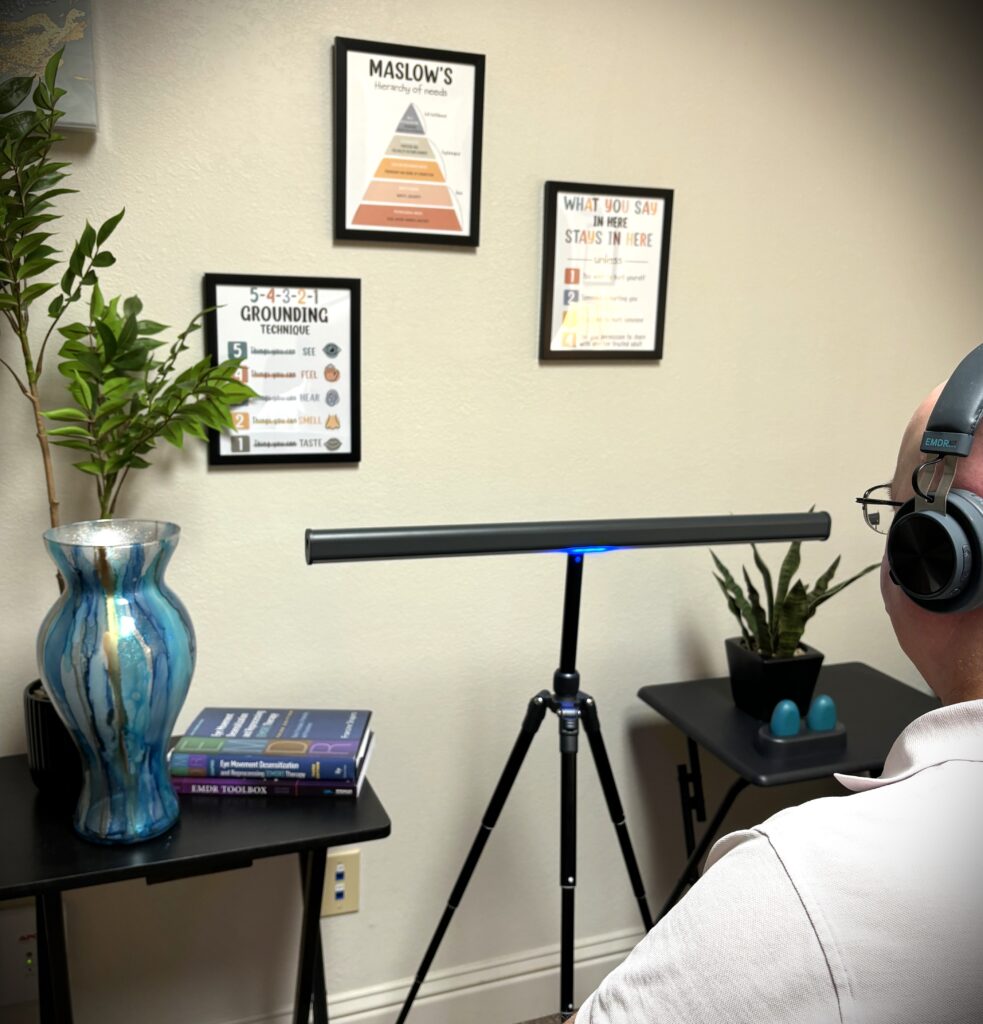
Individual therapy is a one-on-one counseling process where you work with a therapist to address personal challenges, emotional issues, or mental health concerns. Sessions are private and tailored to your specific needs and goals.
Group therapy is a form of psychotherapy where one or more therapists work with several individuals simultaneously. It involves regular meetings where members share experiences, offer support, and work on personal growth in a collective setting.
Who can benefit from group therapy?
Group therapy can be helpful for many people, including those dealing with:
How does group therapy work?
In group therapy sessions, participants share their experiences, thoughts, and feelings under the guidance of a trained therapist. Members offer each other support, feedback, and different perspectives. The therapist facilitates discussions and provides insights to help members develop coping strategies and work towards their goals.
What types of group therapy are available?
There are various types of group therapy, including:
The type of group depends on its specific focus and the therapeutic approach used.
How many people are in a therapy group?
Group sizes can vary, but typically range from 2-8 members. The size is usually kept small enough to allow for meaningful interaction among all participants.
How long does group therapy last?
Our groups last from 1 to 12 months, and some are ongoing. Sessions usually last 1 to 2 hours and are held weekly or bi-weekly. Your therapist can provide more specific information about the group you’re considering.
What is Marriage Counseling/Couples Counseling?
Marriage counseling, also known as couples therapy, is a form of psychotherapy that helps couples of all types recognize and resolve conflicts and improve their relationships. It’s provided by therapists with specific training in marital and family relations.
Who can benefit from couples counseling?
Couples counseling can help couples who are:
How does couples counseling work?
In couples counseling:
What happens in a typical couples counseling session?
During a session, you can expect to:
How long does couples counseling usually last?
The duration varies depending on the couple’s specific needs and goals. Some couples may see improvement in a few months, while others may benefit from longer-term counseling. Your therapist will work with you to determine an appropriate treatment plan.
What are anxiety disorders?
Anxiety disorders encompass a range of conditions, including Generalized Anxiety Disorder (GAD), Obsessive-Compulsive Disorder (OCD), and phobias. These disorders involve excessive worry, fear, or avoidance behaviors that can significantly interfere with daily life.
How is anxiety treated?
Anxiety disorders are commonly treated with therapy, particularly Cognitive Behavioral Therapy (CBT), which helps individuals identify and challenge negative thought patterns. In some cases, medication may also be recommended to manage symptoms.
Can therapy help with OCD or phobias?
Yes, therapy is highly effective for OCD and phobias. Exposure and Response Prevention (ERP) is a specialized form of CBT for OCD, and exposure therapy is often used to help individuals gradually confront their fears in a controlled setting.
What is trauma?
Trauma refers to emotional and psychological distress caused by a deeply disturbing or life-threatening event. Post-Traumatic Stress Disorder (PTSD) is a condition that can develop after experiencing or witnessing trauma.
What are the symptoms of PTSD?
PTSD symptoms include flashbacks, nightmares, hypervigilance, and emotional numbing. Individuals may also experience difficulty sleeping, irritability, and avoidance of triggers related to the trauma.
How is trauma and PTSD treated?
Trauma-focused therapies such as EMDR (Eye Movement Desensitization and Reprocessing) and trauma-informed Cognitive Behavioral Therapy (CBT) are commonly used to help individuals process and heal from trauma. These treatments aim to reduce the emotional intensity of traumatic memories and develop healthier coping strategies.
What are psychotic disorders?
Psychotic disorders, such as schizophrenia and schizoaffective disorder, are mental health conditions that cause individuals to lose touch with reality, often experiencing delusions, hallucinations, and disorganized thinking.
What causes psychotic disorders?
The exact cause of psychotic disorders is not fully understood, but they are thought to result from a combination of genetic, biological, and environmental factors.
How are psychotic disorders treated?
Treatment typically involves a combination of medication, such as antipsychotics, and therapy. Supportive counseling can help individuals manage symptoms, improve social functioning, and develop strategies for daily living.
What are attachment disorders?
Attachment disorders are emotional and behavioral conditions that arise when a child does not form a secure attachment to a caregiver during early development. This can result in difficulties with relationships, trust, and emotional regulation in adulthood.
What are the signs of attachment disorders?
Signs may include difficulty forming relationships, avoiding intimacy, extreme independence, or, conversely, excessive dependency on others. Attachment disorders can also manifest as emotional detachment or anger.
How are attachment disorders treated?
Therapy focuses on building healthy relationships and trust, often using approaches like Attachment-Based Therapy or Cognitive Behavioral Therapy (CBT). Therapy can help individuals learn to develop secure and supportive connections with others.
What is ADHD?
ADHD is a neurodevelopmental disorder characterized by persistent patterns of inattention, hyperactivity, and impulsivity that interfere with daily functioning and development.
What are the symptoms of ADHD?
Symptoms include difficulty focusing, staying organized, completing tasks, impulsiveness, restlessness, and forgetfulness. These behaviors can affect academic, professional, and social life.
How is ADHD treated?
Treatment for ADHD often includes a combination of behavioral therapy and medication, such as stimulants or non-stimulants. Therapy can help develop strategies for managing time, improving focus, and regulating emotions.
What is grief?
Grief is a natural emotional response to loss, whether it’s the death of a loved one, the end of a relationship, or another significant life change. The grieving process varies from person to person and can involve a wide range of emotions.
How does therapy help with grief?
Therapy offers a safe space to process feelings of sadness, anger, confusion, and even relief. Grief counseling can help individuals navigate the stages of grief, make sense of their emotions, and find ways to honor their loss while moving forward.
What are the stages of grief?
Grief is often described in five stages: denial, anger, bargaining, depression, and acceptance. However, the process is not linear, and individuals may experience these stages differently or revisit them over time.
What are common relationship challenges?
Common challenges in relationships include communication breakdowns, trust issues, unresolved conflicts, and emotional disconnect. These issues can occur in romantic relationships, friendships, or family dynamics.
How can therapy help with relationship challenges?
Relationship counseling provides a neutral space for individuals or couples to express their concerns, improve communication, rebuild trust, and strengthen their emotional connection. Therapists often use tools like Emotionally Focused Therapy (EFT) and conflict resolution strategies to help resolve issues.
Do both partners need to attend therapy?
While couples therapy is ideal for resolving relationship challenges, individuals can also benefit from therapy if their partner is unable or unwilling to attend. Working on personal growth can positively influence the relationship.
What is anger management?
Anger management is the process of learning to recognize, understand, and control your anger in a healthy way. It involves identifying triggers and developing strategies to respond to anger without causing harm to yourself or others.
Who benefits from anger management?
Anger management is helpful for individuals who find themselves reacting to situations with intense anger or aggression, or for those whose anger leads to problems in relationships, work, or daily life.
How is anger managed in therapy?
Therapy for anger management often involves Cognitive Behavioral Therapy (CBT), which helps individuals recognize and change negative thought patterns that lead to anger. Mindfulness, relaxation techniques, and problem-solving skills are also often part of the treatment.
What is Cognitive Behavioral Therapy (CBT)?
Cognitive Behavioral Therapy (CBT) is a structured, goal-oriented form of talk therapy that focuses on identifying and changing negative thought patterns and behaviors. It is commonly used to treat a wide range of issues, including anxiety, depression, and stress.
How does CBT work?
CBT helps individuals recognize unhelpful thoughts and beliefs that influence their emotions and actions. The therapist works with the individual to reframe these thoughts and develop healthier behaviors and coping strategies. Homework assignments between sessions are often part of CBT to reinforce new skills.
What conditions can CBT treat?
CBT is effective for a variety of mental health conditions, including anxiety disorders, depression, phobias, OCD, PTSD, eating disorders, and substance use disorders.
What is Dialectical Behavior Therapy (DBT)?
Dialectical Behavior Therapy (DBT) is a specialized form of Cognitive Behavioral Therapy (CBT) designed to help individuals manage intense emotions and develop healthier ways of coping. It emphasizes balancing acceptance of oneself with the need for change.
How does DBT work?
DBT focuses on four key areas: mindfulness, emotional regulation, distress tolerance, and interpersonal effectiveness. Through individual therapy and group skills training, individuals learn techniques to manage difficult emotions, reduce impulsive behaviors, and improve their relationships.
What conditions can DBT treat?
DBT is particularly effective for individuals with Borderline Personality Disorder (BPD), but it is also used to treat a variety of conditions, including mood disorders, PTSD, and substance use issues.
What is Eye Movement Desensitization and Reprocessing (EMDR)?
EMDR is a psychotherapy technique specifically designed to help individuals process and heal from traumatic experiences. It involves focusing on traumatic memories while engaging in bilateral stimulation, such as guided eye movements, to help reprocess and reduce the emotional intensity of the memory.
How does EMDR work?
During EMDR sessions, the therapist guides the client to recall distressing memories while engaging in eye movements or other forms of bilateral stimulation. This process helps the brain reprocess the memory, allowing the individual to integrate the trauma in a way that reduces its emotional impact.
What conditions can EMDR treat?
EMDR is particularly effective for treating PTSD and trauma-related disorders. It can also be helpful for anxiety, depression, phobias, and other mental health concerns where distressing memories play a role.
What is Psychodynamic Therapy?
Psychodynamic therapy is a form of talk therapy that focuses on exploring unconscious thoughts and feelings, with an emphasis on how past experiences, especially in childhood, influence current behavior and emotions. It aims to uncover and resolve deep-seated emotional conflicts.
How does psychodynamic therapy work?
In psychodynamic therapy, the therapist helps the individual explore unresolved conflicts from their past, often through open-ended conversation. The therapist and client work together to gain insight into these underlying issues, helping the client understand their emotions and relationships better.
What conditions can psychodynamic therapy treat?
Psychodynamic therapy is effective for depression, anxiety, personality disorders, and issues related to self-esteem and relationships. It is also used to address unresolved trauma or emotional wounds.
What is Attachment-Based Therapy?
Attachment-Based Therapy focuses on the importance of early relationships, especially with caregivers, and how these attachments influence current emotional and relational patterns. This therapy is often used to help individuals develop healthier, more secure relationships.
How does Attachment-Based Therapy work?
Therapists work with clients to explore their early attachment experiences and how these affect current emotional functioning and relationships. The goal is to help individuals develop a secure sense of self and healthier ways of relating to others by addressing attachment-related wounds.
What conditions can Attachment-Based Therapy treat?
This therapy is helpful for individuals with attachment disorders, relationship challenges, trauma, and emotional regulation issues. It is also beneficial for those seeking to understand and improve the quality of their relationships.
All ages are welcome! Our therapists are trained to work with children, teens, and adults.
What types of insurance do you accept?
We accept a variety of insurance plans to make counseling services accessible to as many people as possible. Some of the insurance providers we currently work with include:
Please contact us to verify your specific plan and to confirm coverage for the services you are seeking.
What if my insurance isn’t listed?
If your insurance provider is not listed, you may still have options.
Do I need to verify my insurance before starting therapy?
Our office can help confirm your benefits and provide an estimate of what your insurance will cover, so you know what to expect in terms of costs.
What if my insurance doesn’t cover therapy?
If your insurance does not cover therapy, or if you prefer to pay out of pocket, our sessions cost $120.
What forms of payment do you accept?
We accept a variety of payment methods, including:
How does billing work?
For insured clients, we will bill your insurance company directly. For self-pay clients, payment is due at the time of service.


